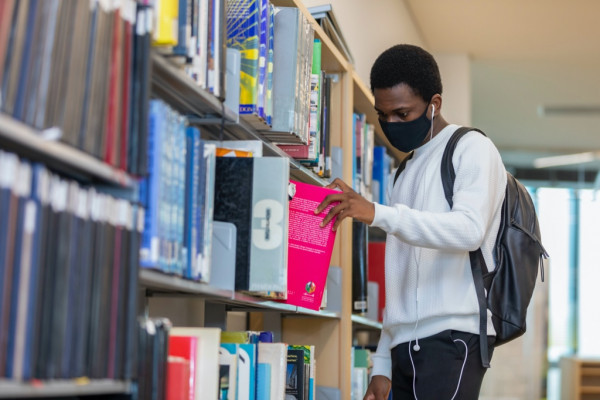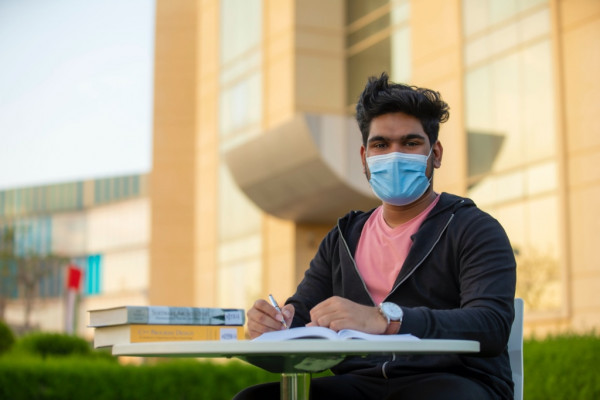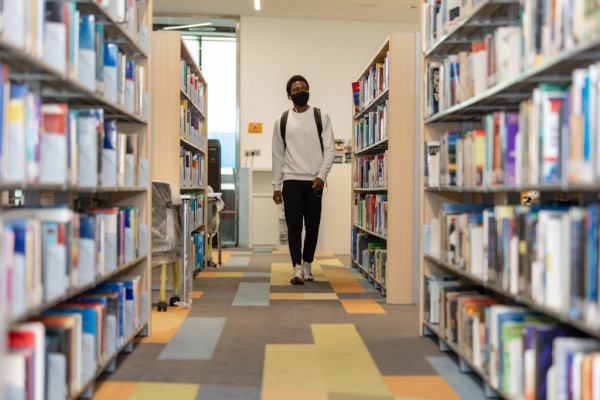Reaffirming our Pledge of Inclusive Education on International Education Day

As we celebrate the International Education Day today, under the shadow of the Covid-19 pandemic, it is important to understand the spirit and history of the observance of this day.
The International Education Day came into existence as a result of a United Nations (UN) General Assembly resolution on December 3, 2018. The resolution adopted January 24 as the International Education Day every year, in recognition of the role of education in fostering peace and development throughout the world.
The resolution for International Day of Education, co-authored by Nigeria and 58 other member states, pledges to support transformative actions for inclusive, equitable and quality education for all.
Education as a Human Right
Education is prescribed as a basic human right in article 26 of the Universal Declaration of Human Rights. The declaration called upon all member states to provide free and compulsory elementary education to all children.
In 1989, the Convention on the Rights of the Child was adopted, which further stipulates that countries shall make higher education accessible to all.
Education & sustainable development
Education is recognized as the cornerstone based on which most of the sustainable development goals can be achieved, as per the Sustainable Development Agenda 2030 adopted by the international community in September 2015. Sustainable Development Goal 4 of the agenda aims to “ensure inclusive and equitable quality education and promote lifelong learning opportunities for all” by 2030.
Long way to go
Educational deprivation and poverty go hand in hand and stand in stark contrast to the technological and economic progress achieved by humanity so far. As per UN estimates, around 265 million children and adolescents around the world do not have the opportunity to enter or complete school; 617 million children and adolescents cannot read and do basic math; less than 40% of girls in sub-Saharan Africa complete lower secondary school and nearly four million children and youth refugees are out of school.
This challenge is further compounded by the difficulties posed by the current Covid-19 pandemic, lack of Internet connectivity in some parts of the world and a severe resource crunch that further weakens efforts to connect deprived sections of the society to educational opportunities.
On this International Education Day, Ajman University reiterated its pledge to provide opportunities for inclusive, equitable and quality education to all and urges everyone to do their bit towards this noble goal.


